Subscribe to our Newsletter
Sign up for our newsletter to receive the latest updates and exclusive content straight to your inbox.
Home » How NPs and PAs Add Value
Home » How NPs and PAs Add Value
Sign up for our newsletter to receive the latest updates and exclusive content straight to your inbox.

A physician-led team of clinical specialists in emergency, hospital, and critical care medicine, supporting local clinical practices with national resources to deliver high-quality patient care in the communities we serve.
Corporate Phone: (800) 893-9698
Copyright © 2025. All rights reserved.
Please visit SCP Health’s Insurance Request Portal to submit requests related to medical malpractice liability insurance such as coverage verifications, claims history reports, and certificates of insurance. If you experience issues with the portal submission or have a question about the process, please reach out SCP Health’s Risk Management, Safety and Insurance Department at RM@scphealth.com or 337-609-1250.
By clicking the “Submit” button, you are agreeing to the SCP Heath Terms of Use and Privacy Policy
By clicking the “Submit” button, you are agreeing to the SCP Heath Terms of Use and Privacy Policy
By clicking the “Submit” button, you are agreeing to the SCP Heath Terms of Use and Privacy Policy
By clicking the “Submit” button, you are agreeing to the SCP Heath Terms of Use and Privacy Policy
By clicking the “Submit” button, you are agreeing to the SCP Heath Terms of Use and Privacy Policy
By clicking the “Submit” button, you are agreeing to the SCP Heath Terms of Use and Privacy Policy
By clicking the “Submit” button, you are agreeing to the SCP Heath Terms of Use and Privacy Policy
By clicking the “Submit” button, you are agreeing to the SCP Heath Terms of Use and Privacy Policy
By clicking the “Submit” button, you are agreeing to the SCP Heath Terms of Use and Privacy Policy
By clicking the “Submit” button, you are agreeing to the SCP Heath Terms of Use and Privacy Policy
Please provide your contact information. An SCP representative will contact you accordingly.